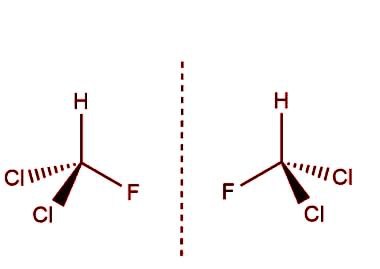Smart Materials
Smart materials are materials that have properties that can be altered in response to external stimuli, such as temperature, light, pressure, or electric fields. They are used in a wide range of applications, from aerospace and automotive engineering to biomedical devices and consumer electronics.
Examples of smart materials include shape memory alloys (SMAs), piezoelectric materials, electroactive polymers, and smart hydrogels.
Types of smart materials include:
⇒ Smart polymers: They can undergo reversible changes in their physical or chemical properties in response to a specific stimulus.
⇒ Smart fluids: They can alter their viscosity, surface tension, or other properties in response to an external field or pressure.
⇒ Smart alloys: They can change shape or mechanical properties in response to a change in temperature or stress.
⇒ Smart composites: They combine two or more smart materials to produce a material with multiple functional properties.
Applications of smart materials include:
⇒ Aerospace and automotive engineering: Smart materials can be used in the construction of lightweight, high-strength structures and components.
⇒ Biomedical devices: Smart materials are used in drug delivery systems, biosensors, and tissue engineering.
⇒ Consumer electronics: Smart materials are used in displays, touch screens, and energy storage devices.
⇒ Energy and environment: Smart materials are used in energy storage and conversion, water treatment, and environmental monitoring.
Frequently Asked Questions
⇒ What is the definition of a smart material?
A smart material is a material that can change its properties in response to an external stimulus.
⇒ What are some examples of smart materials?
Examples of smart materials include SMAs, piezoelectric materials, electroactive polymers, and smart hydrogels.
⇒ What are the benefits of using smart materials?
Smart materials offer benefits such as improved functionality, increased efficiency, and reduced cost.
⇒ What are the limitations of using smart materials?
The limitations of using smart materials include their high cost, limited availability, and complexity in design and implementation.
⇒ What are some potential future applications of smart materials?
Potential future applications of smart materials include advanced robotics, self-healing materials, and energy-efficient buildings.
Let me know if you have more questions or if there is a specific topic that you would like to know more about.





If you have any doubts, please let me know